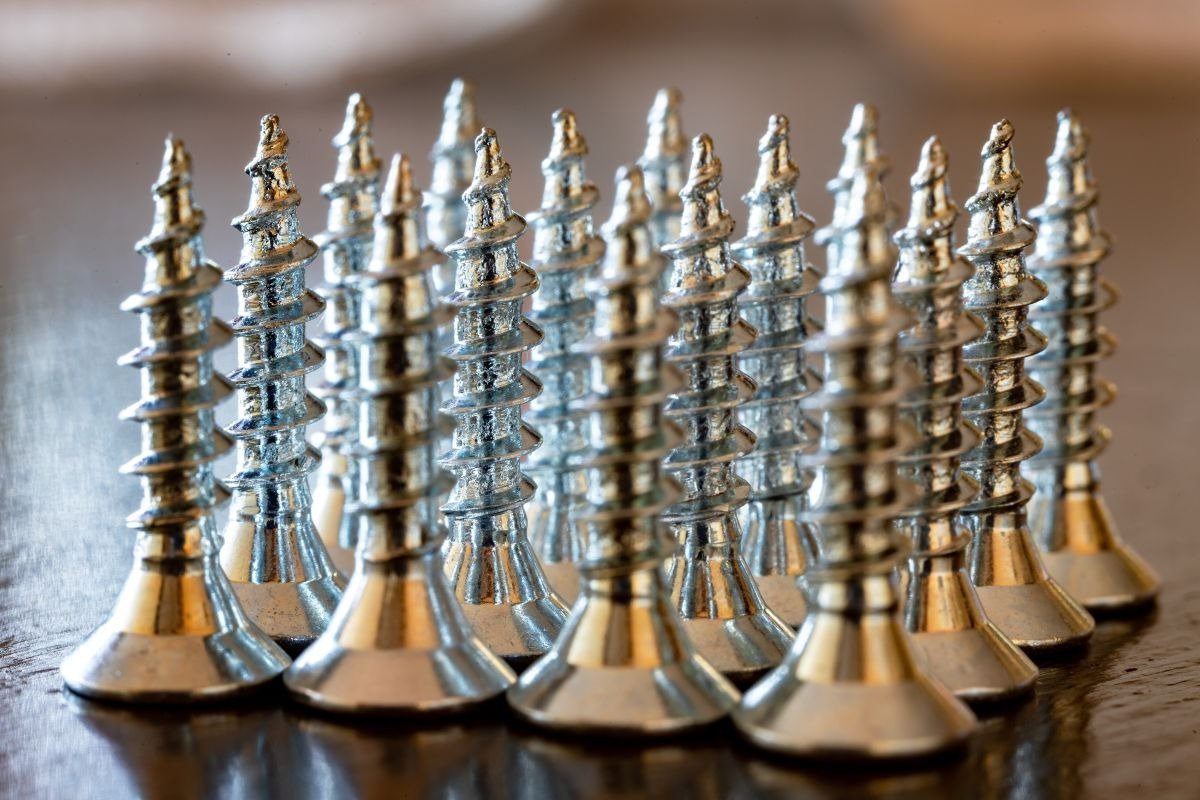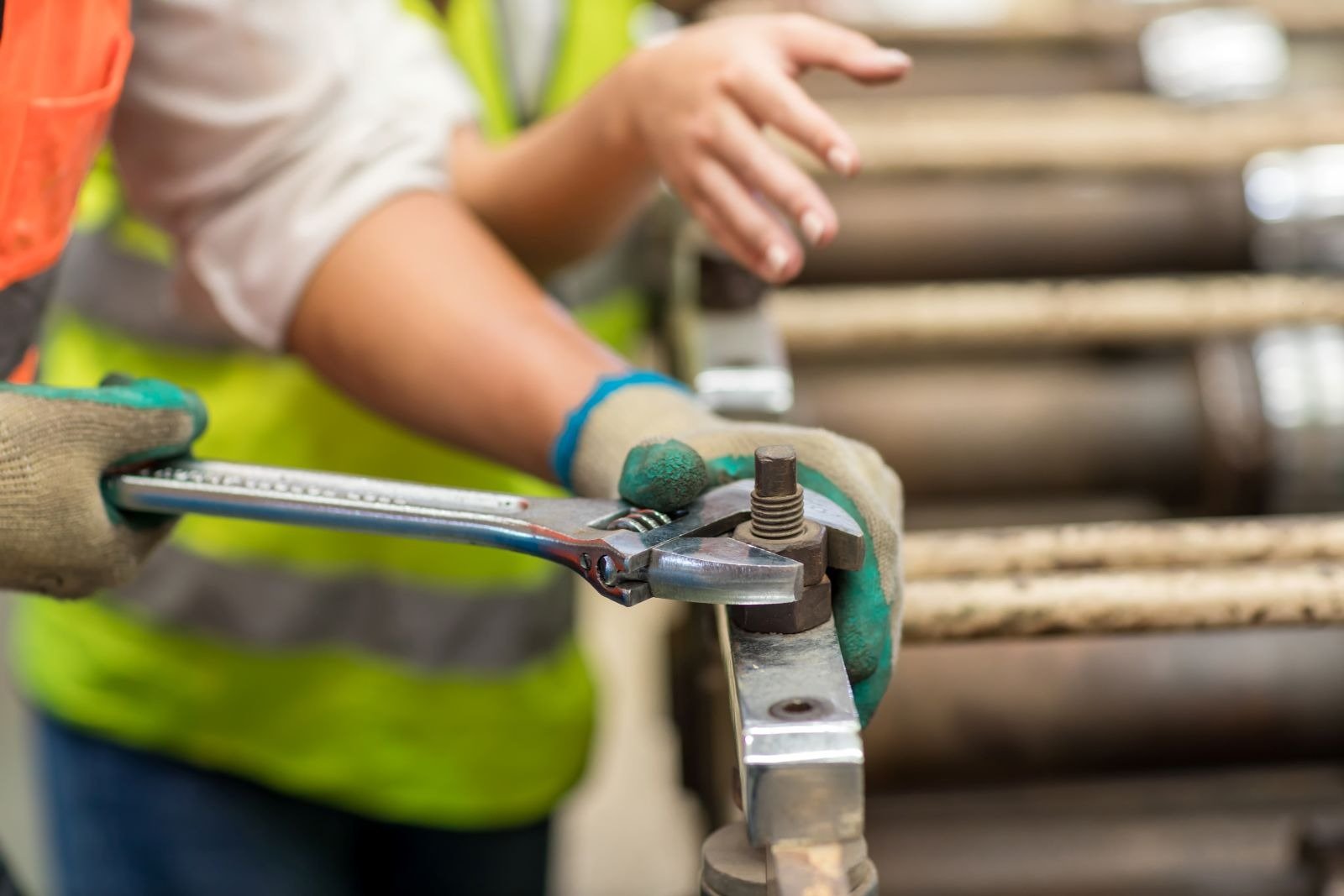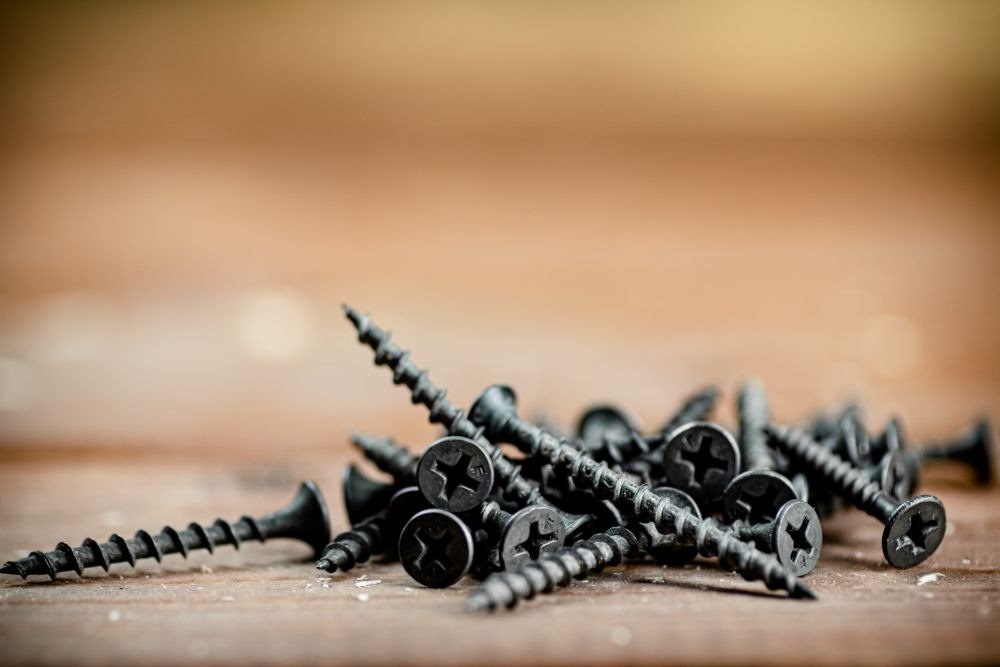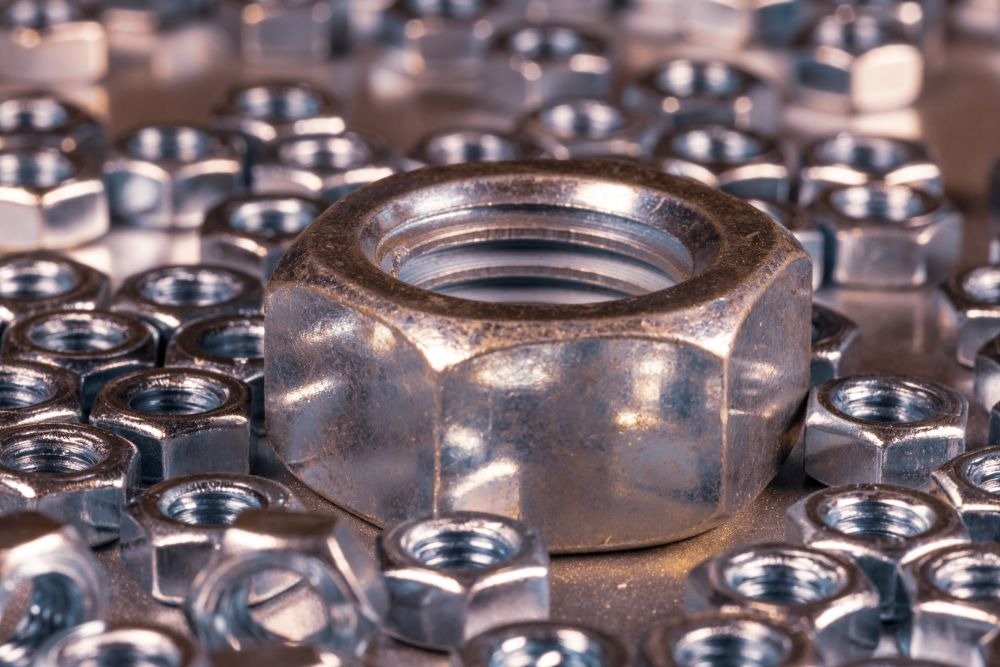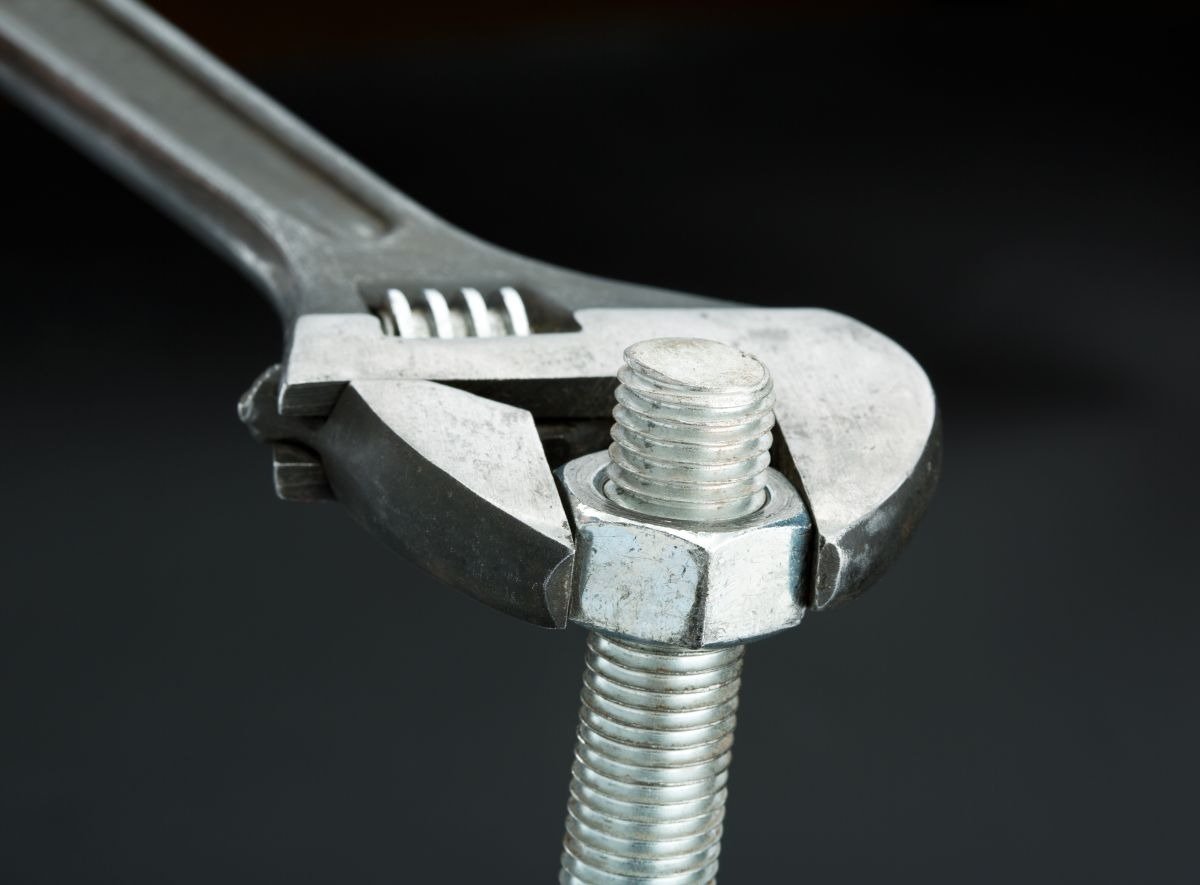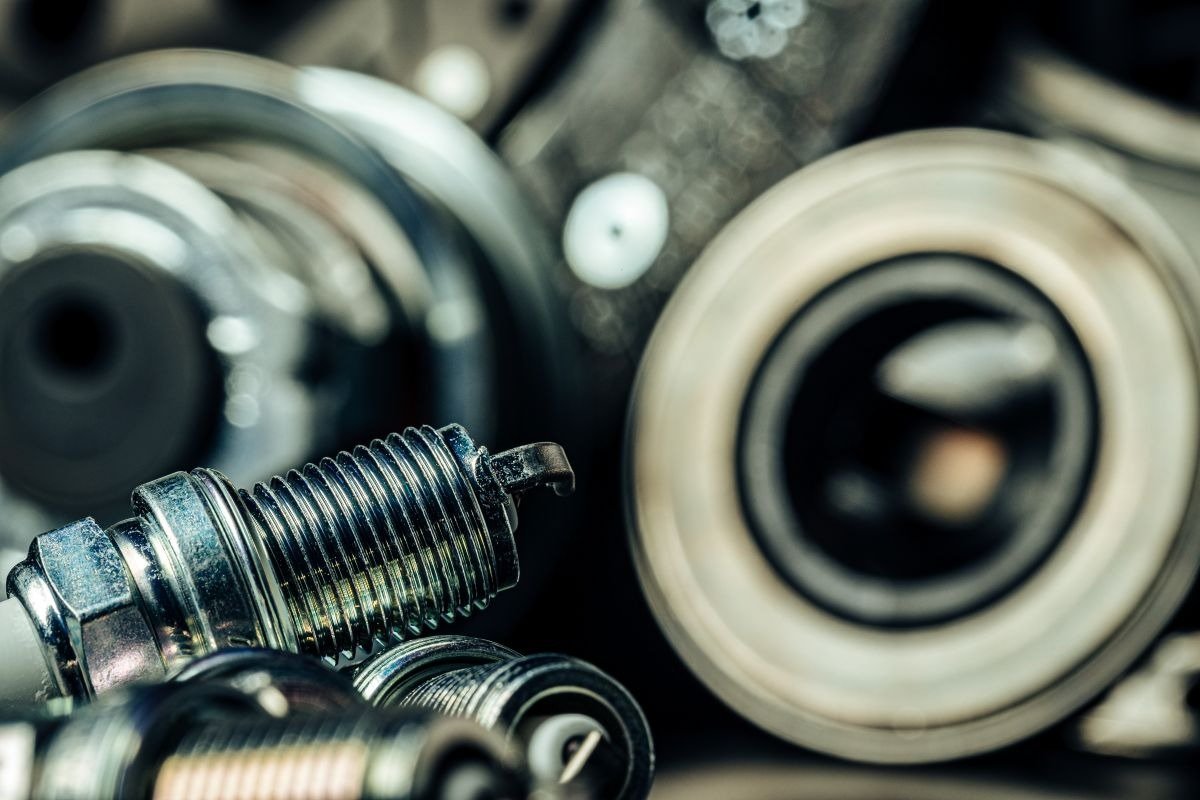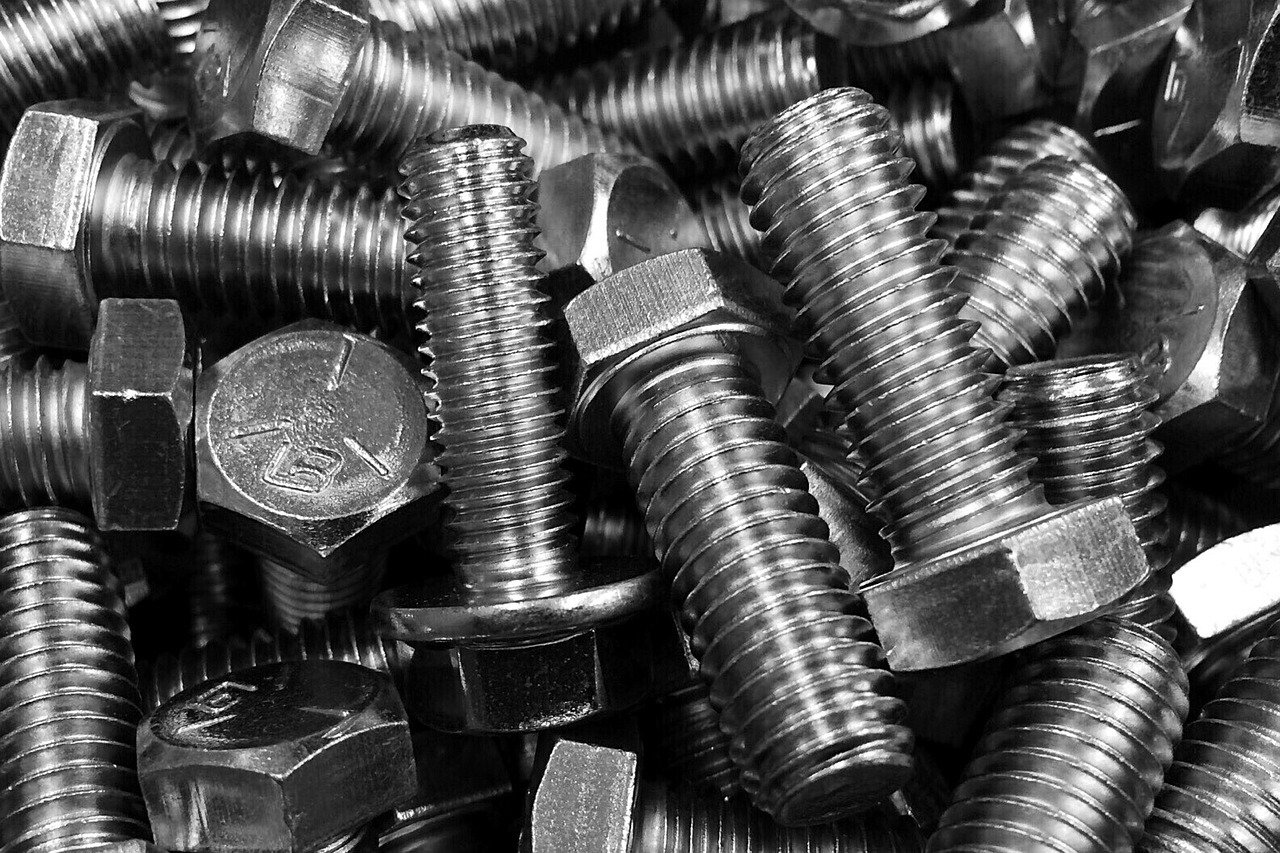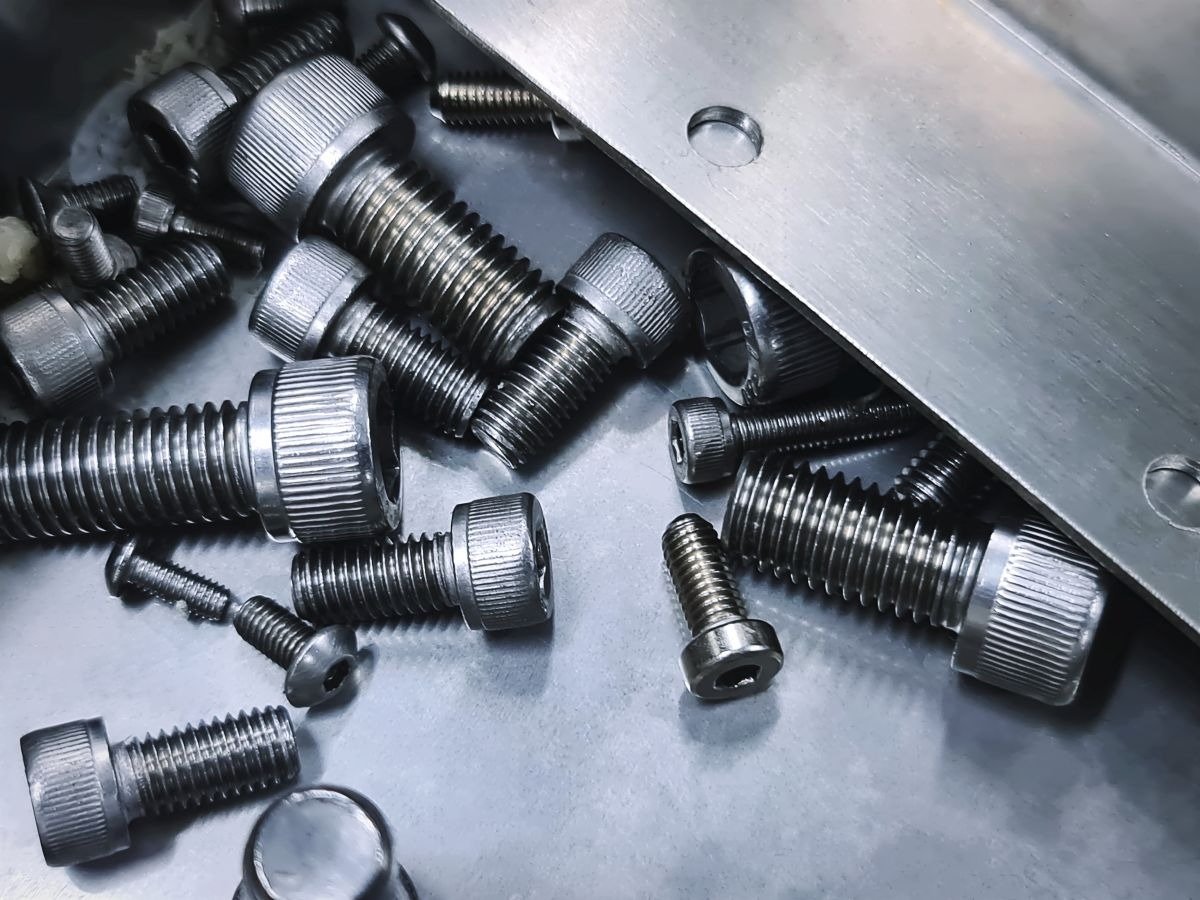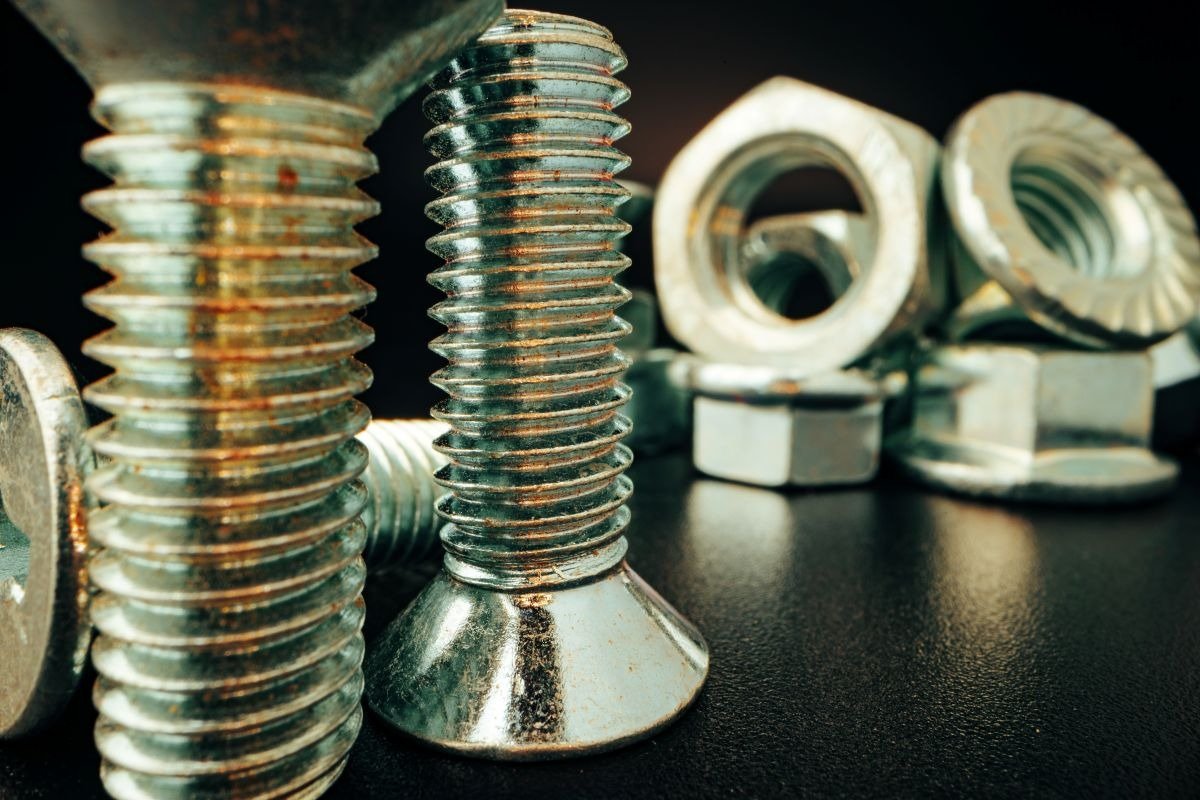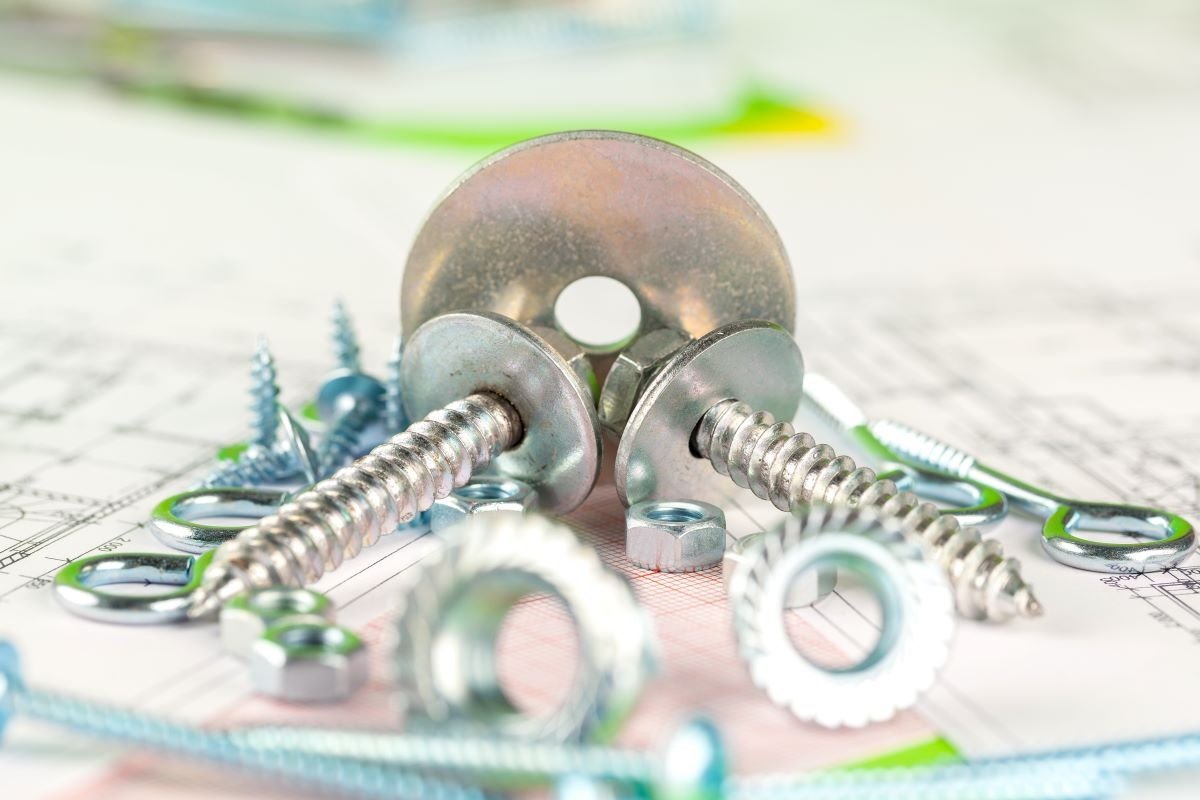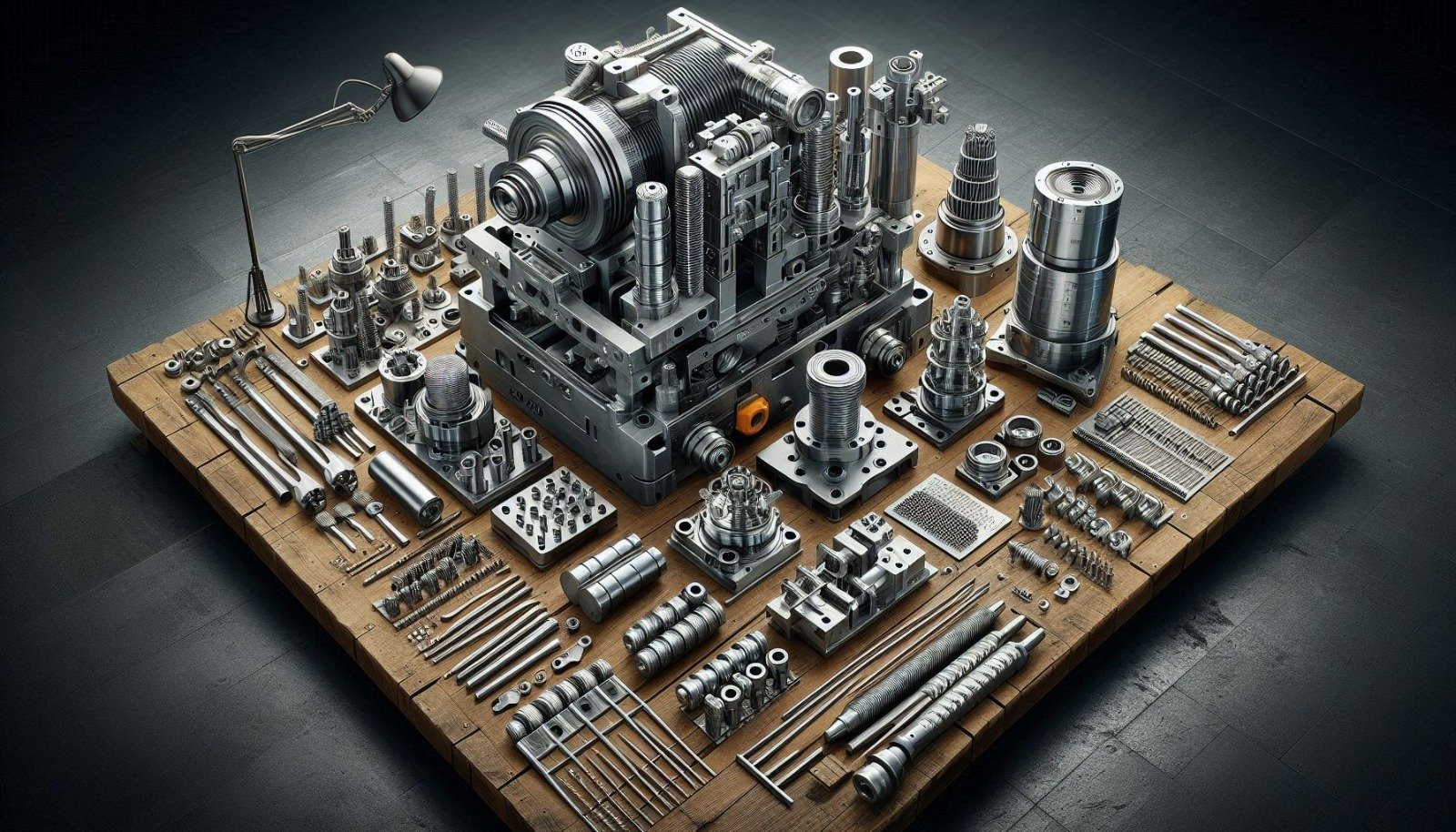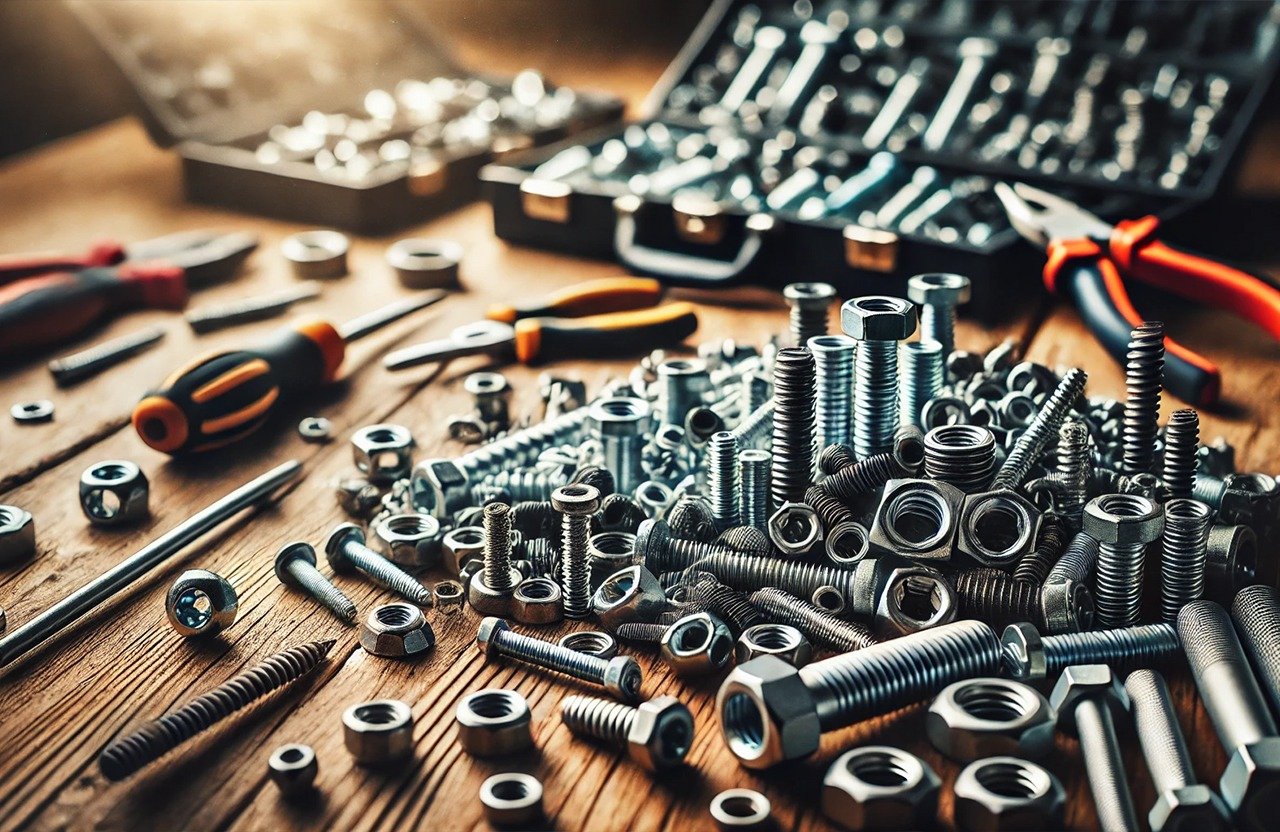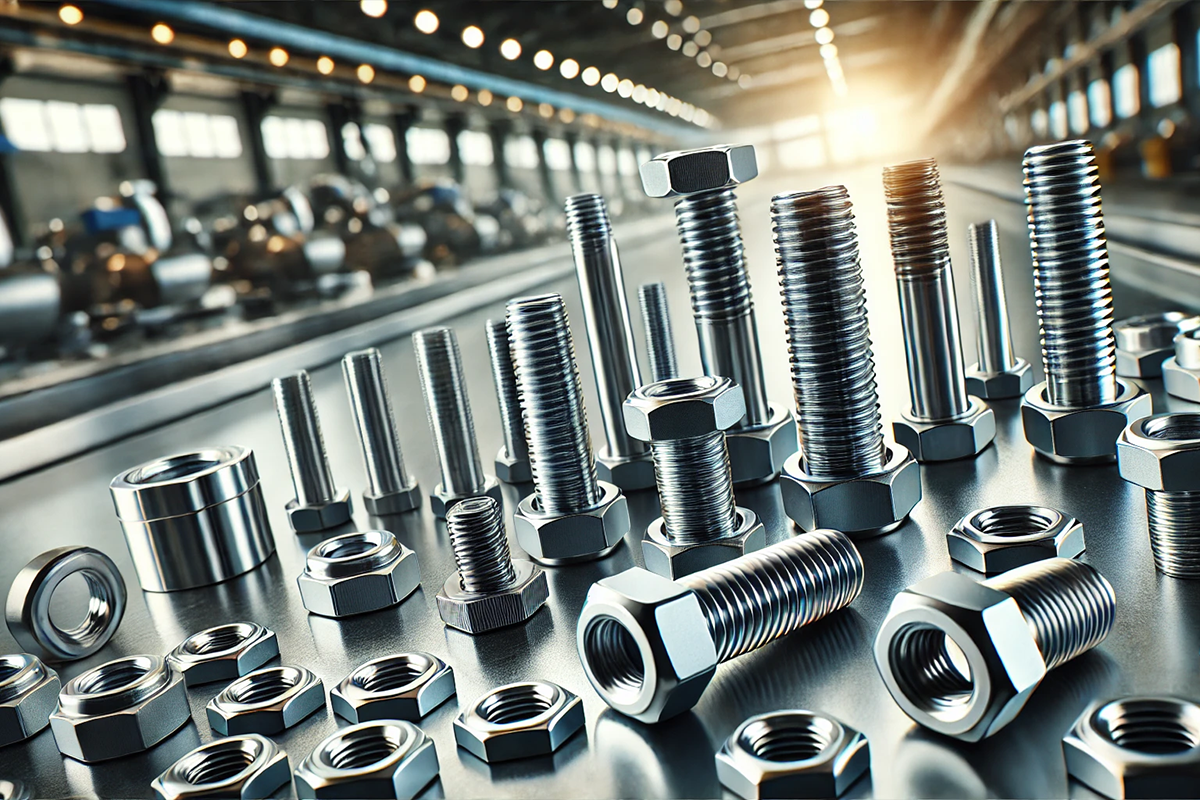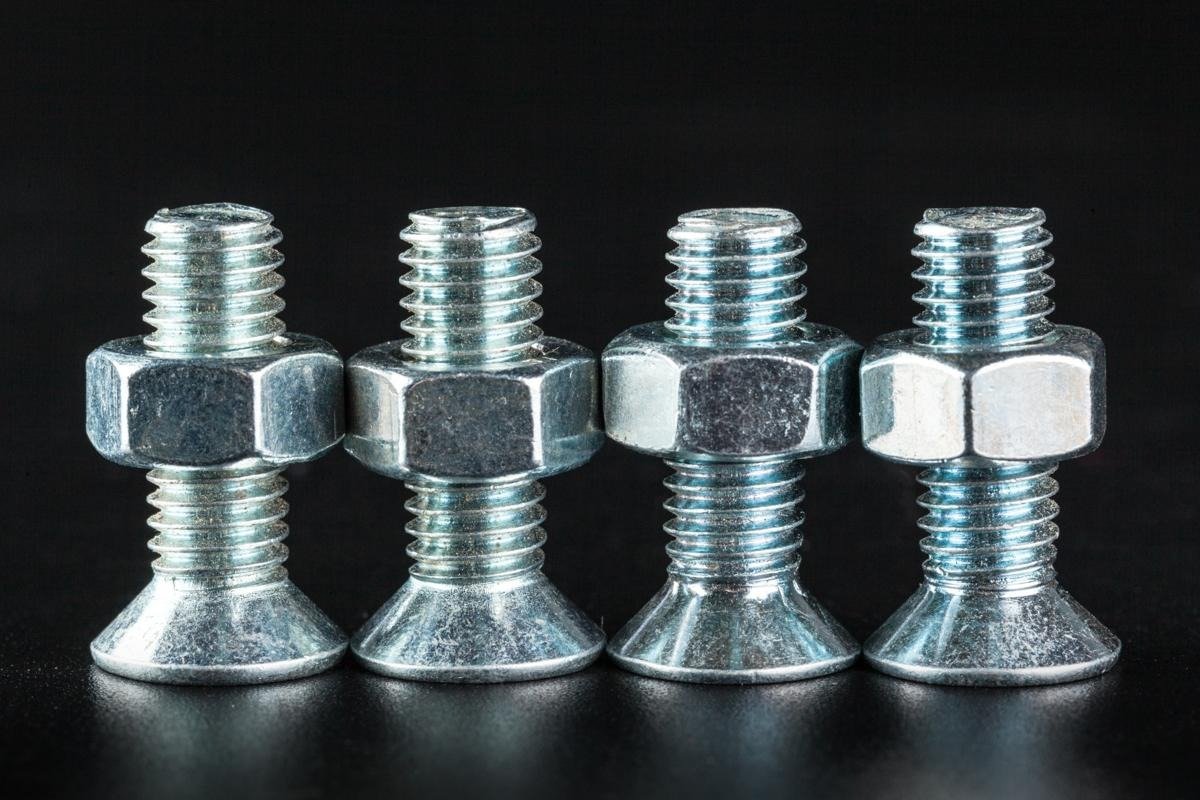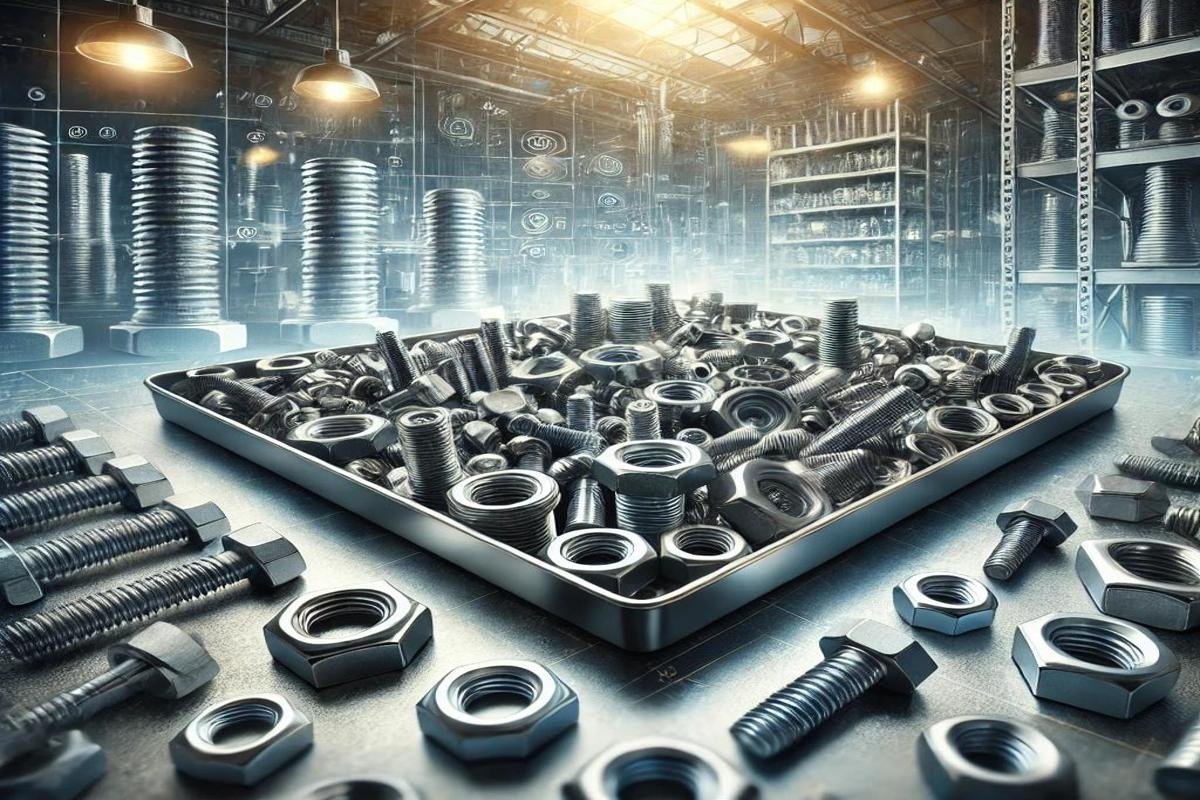Things to Consider When Buying Bolts in Bulk
Bolts are the unsung heroes of industry, construction, and
even the automotive sector. These small yet critical components directly impact
the safety and durability of any structure or mechanism. When it comes to bulk
bolt purchasing, especially for large-scale projects or production facilities,
choosing the right product not only provides cost advantages but also ensures
long-term quality and safety. However, this process is not as simple as it may
seem. With hundreds of different types of bolts, each with unique features,
making the right choice requires careful analysis and a solid strategy.
How to Choose Bulk Bolts
Before starting a project, the first step is to determine
the type of bolt to be used. At this point, factors such as the material type,
environmental conditions, and the load to be carried become crucial. If the
bolts will be used outdoors or in humid environments, stainless steel bolts
should be preferred. Otherwise, corrosion over time can reduce the bolt’s
strength and create an undesirable appearance.
Moreover, if your production volume is high or if you have
ongoing needs, buying bolts in bulk will always be a more economical option.
However, beyond choosing the right product, finding a reliable supplier is also
essential. Not every cheap product is of good quality; the quality of raw
materials used in low-priced bolts can cause serious problems down the line.
What to Watch Out for When Buying Bolts in Bulk
First and foremost, the correct grade and size should be
determined based on the intended application. A bolt used in industrial
manufacturing is not the same as one used for furniture production.
Additionally, before making a purchase, it's important to request technical
documentation from the supplier, including material specs, production
standards, and certifications.
Another critical point is the potential weight variations in
bolt and nut purchases made by weight. Bolts of the same dimensions may
vary in weight depending on the manufacturer, as not all producers use steel of
the same density or quality. This directly affects the Bolt kg price.
You might think you’re getting a good deal, but in reality, you could be
receiving a low-density, and therefore weaker, product. That's why it's
essential to evaluate not just the price, but also the technical details of the
product.
How to Measure Bolt Quality
The key elements that determine a bolt’s quality include
tensile strength, breaking resistance, surface treatment, and material type. A
high-quality bolt is made from high-carbon steel and undergoes a precise heat
treatment process. Additionally, surface coatings enhance the bolt’s
durability. Coatings like galvanization, black oxide, or zinc phosphate provide
strong protection against external elements.
A bolt's quality cannot be assessed by physical appearance
alone. Structural characteristics that aren't visible to the eye but are
critical for performance can only be identified through detailed testing. For
large-volume purchases, always choose tested products with quality
certifications.
Bolt Standards
There are internationally recognized bolt standards. The
most widely used ones are ISO, DIN, and ASTM. Each defines specific dimensions,
tolerances, and strength thresholds. For instance, ISO 898-1 outlines the
mechanical properties of carbon steel bolts. DIN standards, on the other hand,
are based on German measurement systems.
Compliance with standards is not only a legal requirement
but also crucial to prevent issues during assembly. A non-standard bolt may not
fit properly with other parts or machinery, causing loss of time and effort
during installation.
Wholesale Bolt Prices
Today, various factors influence bolt prices on the market.
These include raw material prices, exchange rates, production technologies,
quality levels, and supply chain costs. Especially in bulk purchases, wholesale
bolt nut prices are usually evaluated by weight rather than per
piece. Therefore, the Bolt kg price becomes one of the main criteria for
buyers.
How Are Wholesale Bolt Nut Prices Determined?
The most important point to remember is that quality is the
biggest factor in determining price. Choosing a low-priced product may lead to
breakdowns or replacement costs in the future, significantly increasing the
total cost. Therefore, when buying wholesale bolt nut, don’t focus
solely on price—consider the long-term benefits the product will provide.
For companies operating in the manufacturing industry,
buying bolts in bulk is a strategic investment. High-quality,
standard-compliant products save time in production, enhance workplace safety,
and minimize potential risks. That’s why working with the right supplier,
analyzing the market well, and making purchasing decisions based on technical
data will always pay off.


